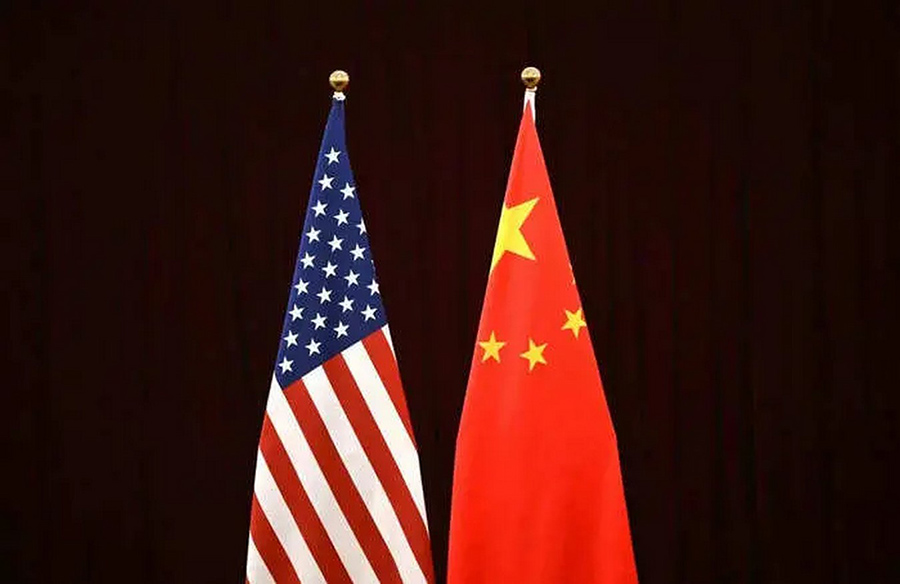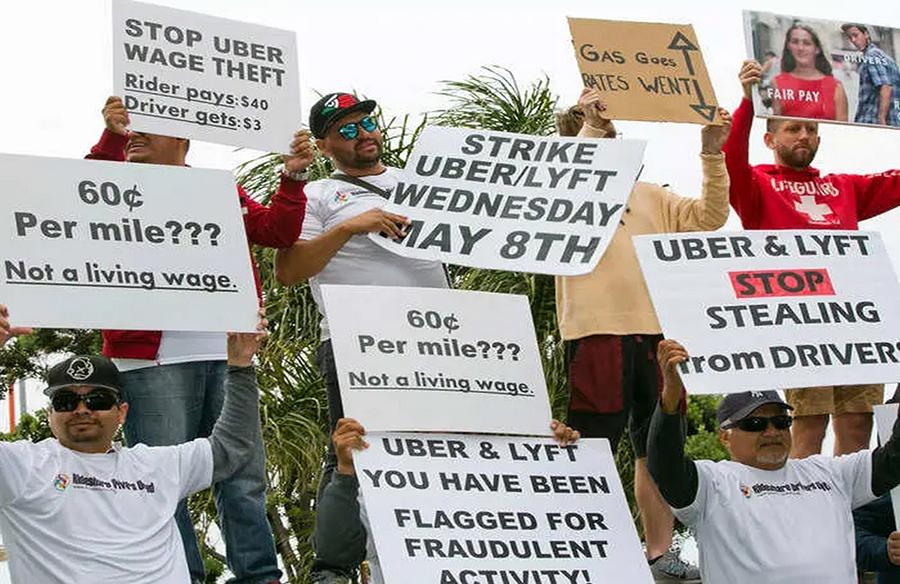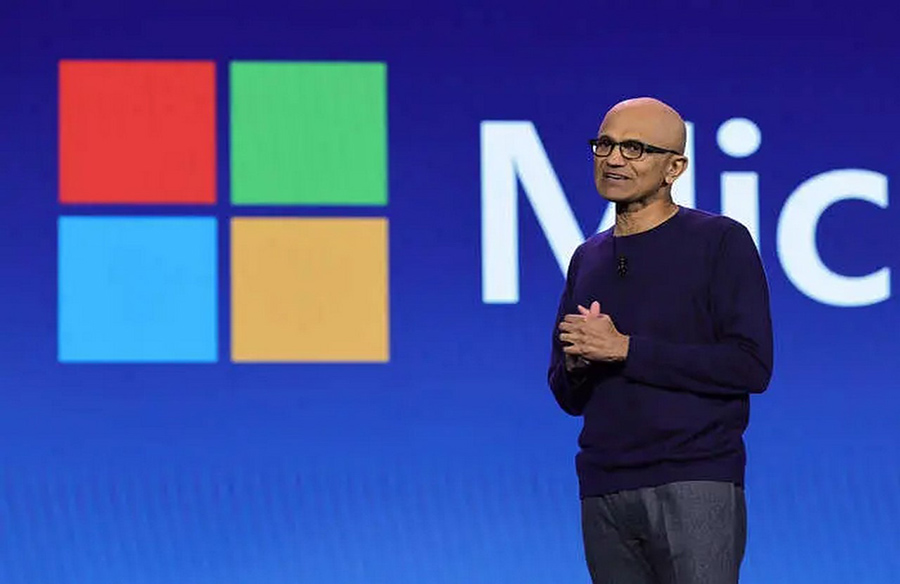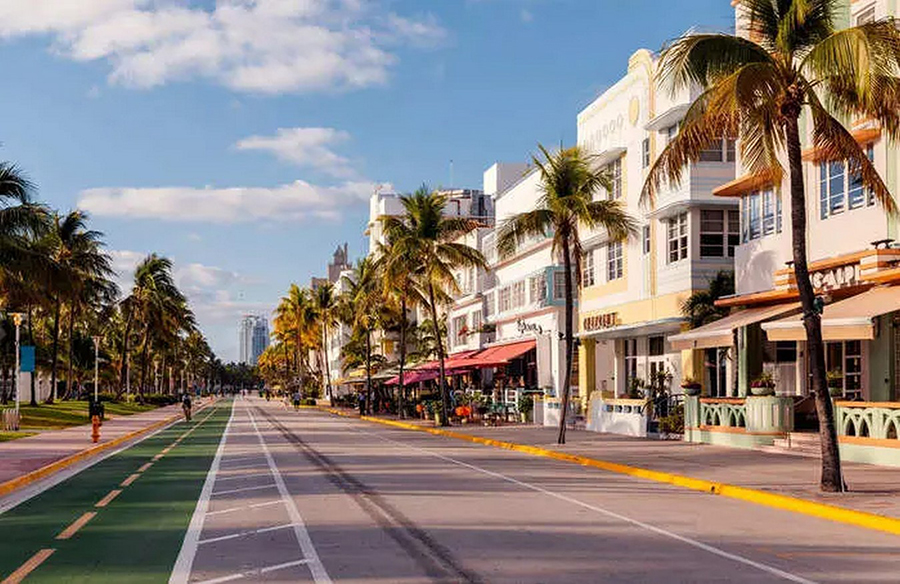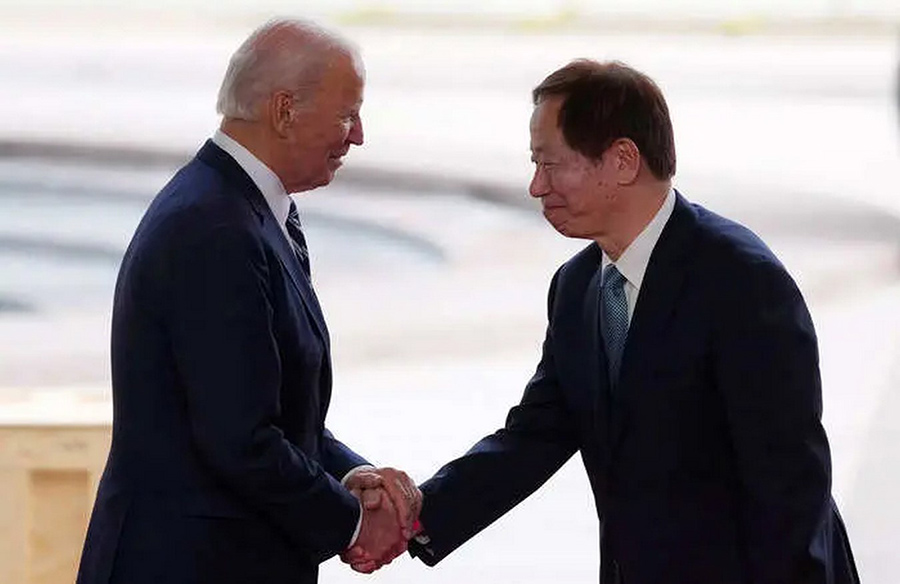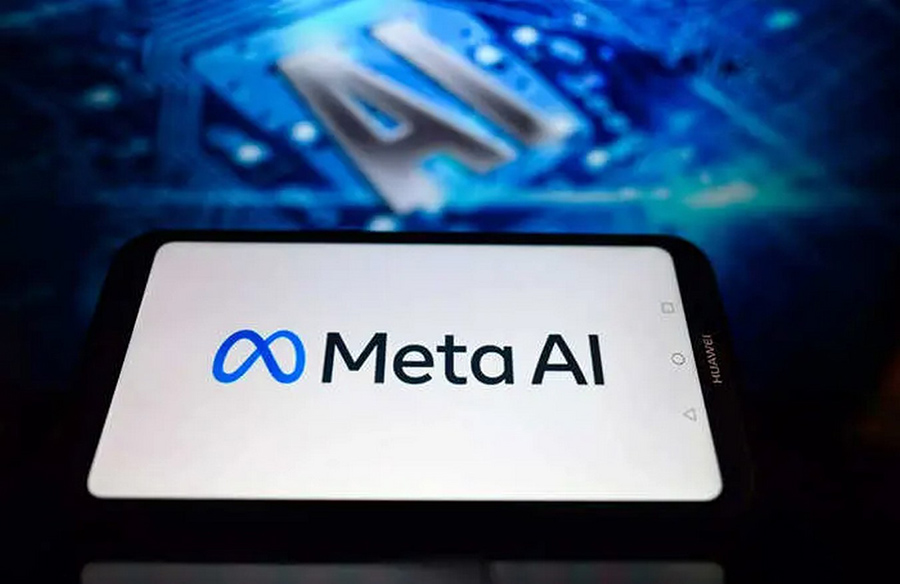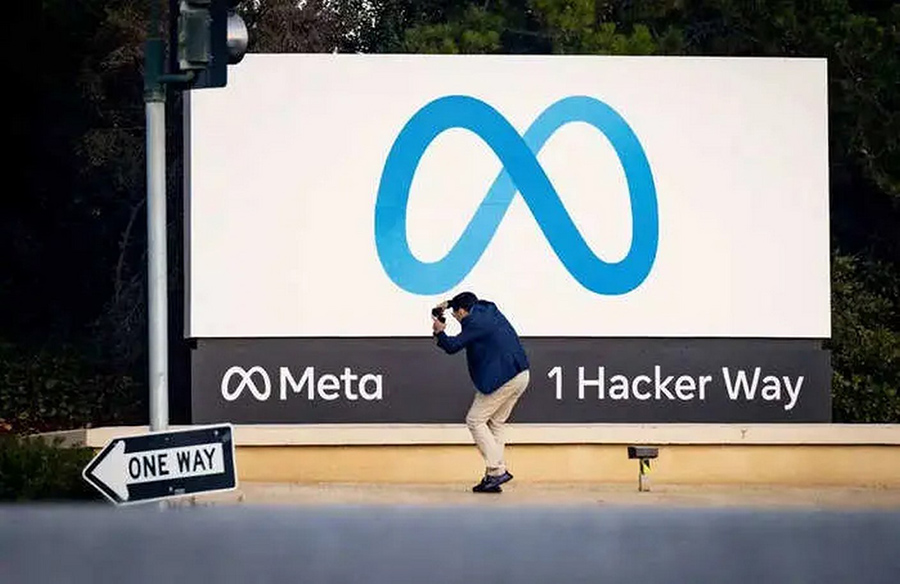Chipotle’s Response to California’s New Wage Law

Chipotle executives have issued a warning to customers in California, indicating that they can anticipate a notable increase in prices as a result of the state’s recent wage legislation for fast-food workers. During the company’s fourth-quarter earnings call, Jack Hartung, Chipotle’s chief financial and administrative officer, highlighted the necessity of adjusting prices to offset the substantial rise in labor costs expected due to the impending wage hike. California’s minimum wage for fast-food workers is set to increase to $20 per hour in April, following the enactment of a law signed by Governor Gavin Newsom in September. While the state minimum wage rose from $15.50 to $16 on January 1, some localities within California enforce higher rates, with the federal minimum wage remaining at $7.25. Hartung emphasized that Chipotle’s average wage in California stands at approximately $17 per hour, further underscoring the impact of the impending wage hike on the company’s operational expenses.
Pricing Considerations and Strategies
While the precise adjustment in prices has yet to be determined, Hartung indicated that Chipotle is evaluating various factors, including consumer sentiment and market dynamics, before finalizing any pricing decisions. Laurie Schalow, Chipotle’s chief corporate affairs officer, disclosed that the chain anticipates a price hike in the mid-single digits to align with the increased labor costs. With 475 restaurants in California, constituting around 14% of its total restaurant count, Chipotle is strategically assessing its pricing strategies to mitigate the financial ramifications of the wage law while maintaining operational efficiency and profitability. Hartung suggested that the company may opt for a price increase that allows it to break even or pursue a more substantial adjustment to safeguard profit margins.
Implications of Wage Legislation on the Industry
The enactment of legislation such as AB 1228 not only triggers immediate wage increases but also introduces long-term implications for the industry. Under this law, a fast-food council will have the authority to annually adjust the minimum wage by up to 3.5%, contingent upon inflation rates. The ripple effects of such legislation extend beyond individual companies, with major players like McDonald’s signaling their intention to raise menu prices in response to the new wage law. As labor costs continue to escalate, fast-food chains are increasingly exploring technological solutions and automation to enhance operational efficiency and reduce reliance on human labor. Chipotle, for instance, is investing in robotics to streamline various kitchen tasks, such as avocado preparation and burrito bowl assembly, aiming to bolster productivity and offset escalating labor expenses.
Balancing Labor and Operational Costs
Chipotle’s expenditure on labor nearly parallels its spending on food, beverages, and packaging, reflecting the substantial impact of labor costs on the company’s financial performance. With approximately 115,000 employees, Chipotle allocated $2.44 billion towards labor expenses in 2023, marking an 11% increase from the previous year. In comparison, the company’s expenditure on food, beverage, and packaging totaled $2.91 billion in the same period, highlighting the significance of labor costs within its operational framework. As Chipotle navigates the evolving landscape of wage legislation and operational challenges, it remains committed to balancing labor expenditures with strategic initiatives aimed at sustaining growth and profitability in a competitive market environment.


 English
English 



































































































































































































































































































































